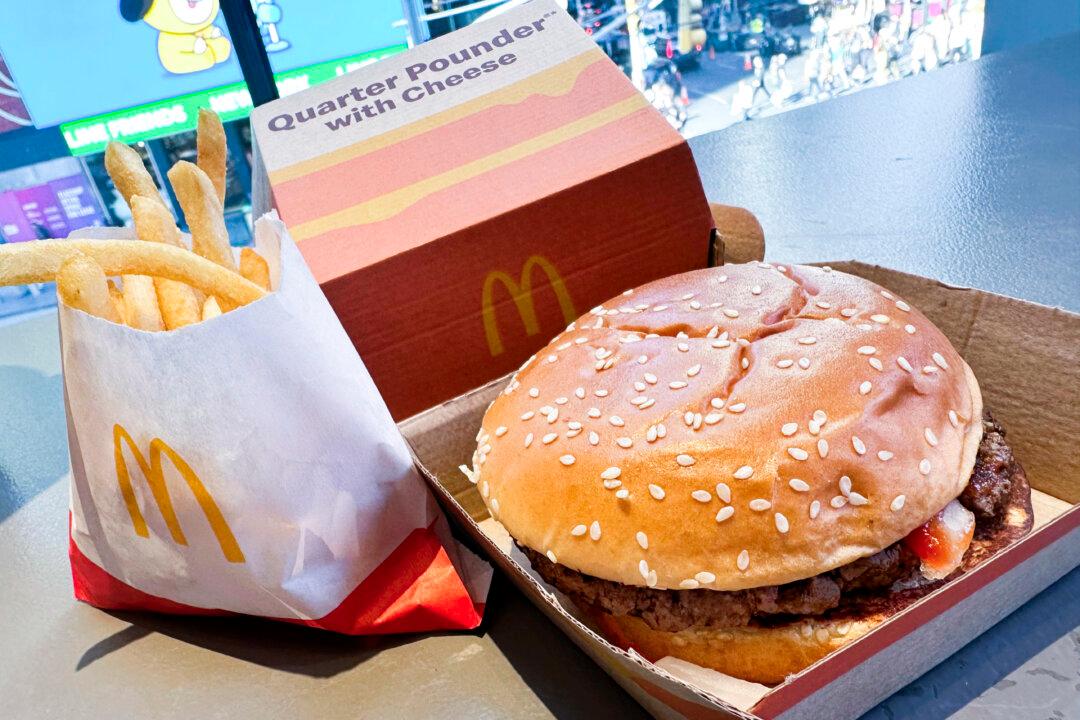Fast-food chain McDonald’s is facing a lawsuit from a Colorado man after the individual consumed food contaminated with E. coli bacteria and became ill, with the complaint coming amid an outbreak of the pathogen associated with the company’s food items.
On Oct. 22, the U.S. Centers for Disease Control and Prevention (CDC) warned about an E. coli outbreak across multiple states linked to Quarter Pounder hamburgers sold by McDonald’s. The company admitted that its products were associated with the outbreak, suggesting that onions sourced from a supplier could be the source of contamination.





